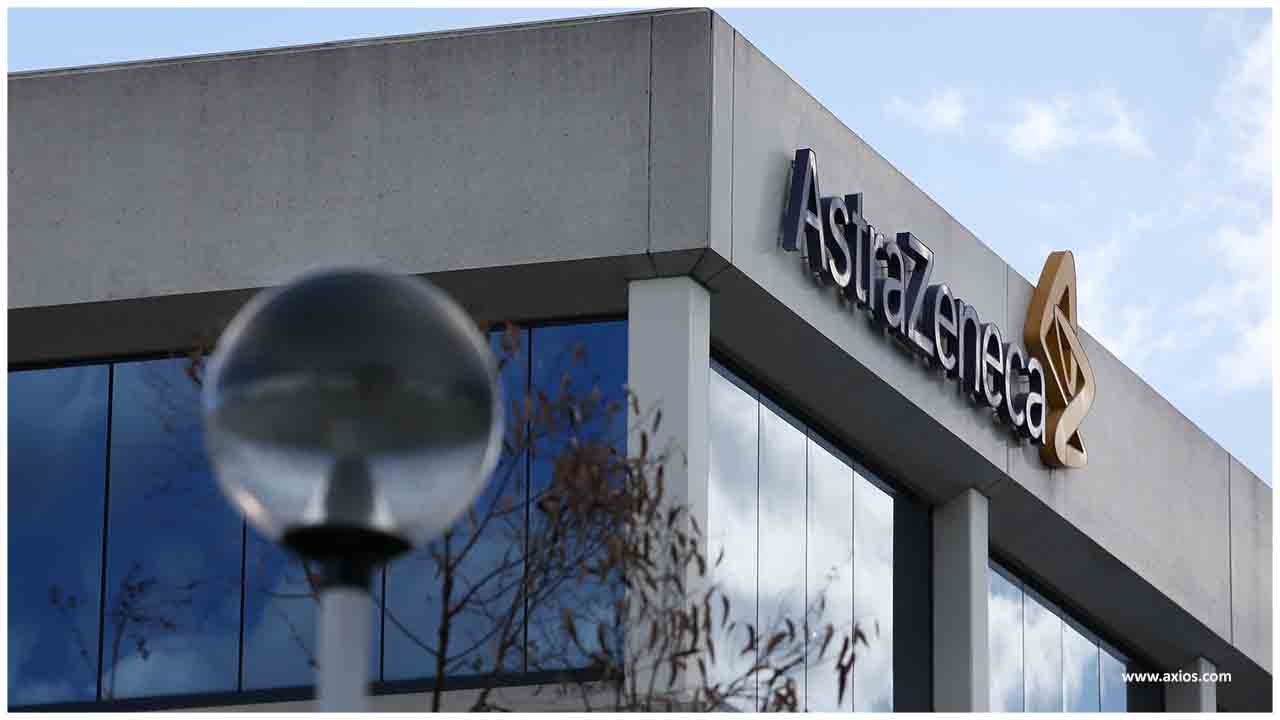AstraZeneca's COVID-19 antibody preliminary stays on hold in the United States forthcoming a U.S. examination concerning a genuine reaction in Britain even as different preliminaries of the immunization continue, sources acquainted with the subtleties told Reuters.
AstraZeneca on Saturday said it had restarted its preliminary in Britain after controllers finished their audit of a genuine symptom in one preliminary member there.
This was the primary sign that the U.S. preliminary will stay on hold until the U.S. Food and Drug Administration and a wellbeing board examine the case.
Enlistment in the organization's worldwide preliminaries of the immunization, which it is creating with analysts at Oxford University, was placed on hold on Sept. 6.
Sources revealed to Reuters that enlistment of new patients and other preliminary strategies for the crucial U.S. preliminary were being rescheduled until in any event midweek and that it was not satisfactory how long it would take for the FDA to finish its test.
Governments around the globe are urgent for an antibody to help end the pandemic, which has caused more than 900,000 passings and worldwide financial unrest. The World Health Organization (WHO) had hailed AstraZeneca's like the most encouraging. A drawn-out postponement in the U.S. preliminary could ease back admittance to the immunization in the United States.
The British unfavorable occasion included an investigation tolerant idea to be enduring an uncommon spinal provocative issue called a cross over myelitis.
An AstraZeneca representative declined to remark on when the U.S. preliminary would continue. She said in an email the organization "will keep on working with wellbeing specialists over the world, including the FDA, and be guided regarding when other clinical preliminaries can continue."
The status of the South African and Indian preliminaries stays obscure, yet the preliminary in Brazil has likewise restarted. The organization has not remarked on the timing of resumption in different pieces of the world other than Britain.
FDA didn't quickly react to a solicitation for input.

 AstraZeneca on Saturday said it had restarted its trial in Britain after regulators completed their review of a serious side effect in one trial participant there
AstraZeneca on Saturday said it had restarted its trial in Britain after regulators completed their review of a serious side effect in one trial participant there









.jpeg)


.jpg)






.jpeg)



.jpg)


.jpg)




.jpg)


